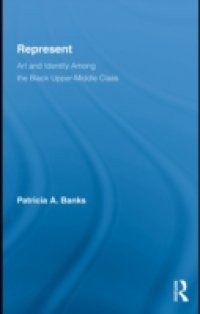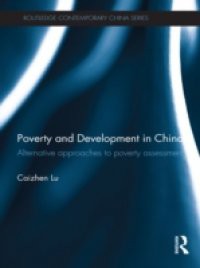Uncovering the structures and functions of conversational narratives uttered within natural social networks, Laine Berman shows how working-class Javanese women discursively construct identity and meaning within the rigid constraints of an hierarchical social order. She does this by identifying the silences, the "unsaid", and by revealing both the structure and function of silence in terms of its indexical reference to local meaning. It is here that the force of the Javanese language as used in everyday interaction shows itself to be an extremely potent philosophical entity as well as a means of social control. Thus, at least in regard to the urban poor, the book boldly questions the difference between traditional definitions of Javanese elegance and oppression. This study will contribute to our understanding of the social consequences of language use, to the linguistic knowledge of Indonesia and Java, and to such basic linguistic issues as narrative structure and function, speech levels and styles, and indexicality features.




















